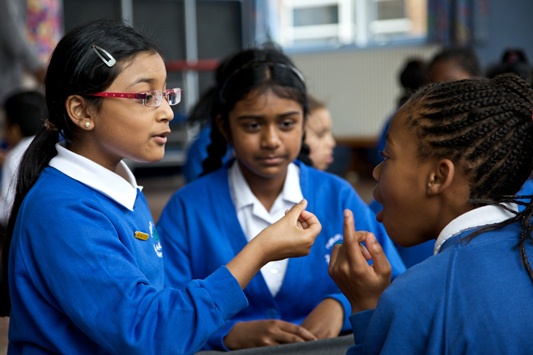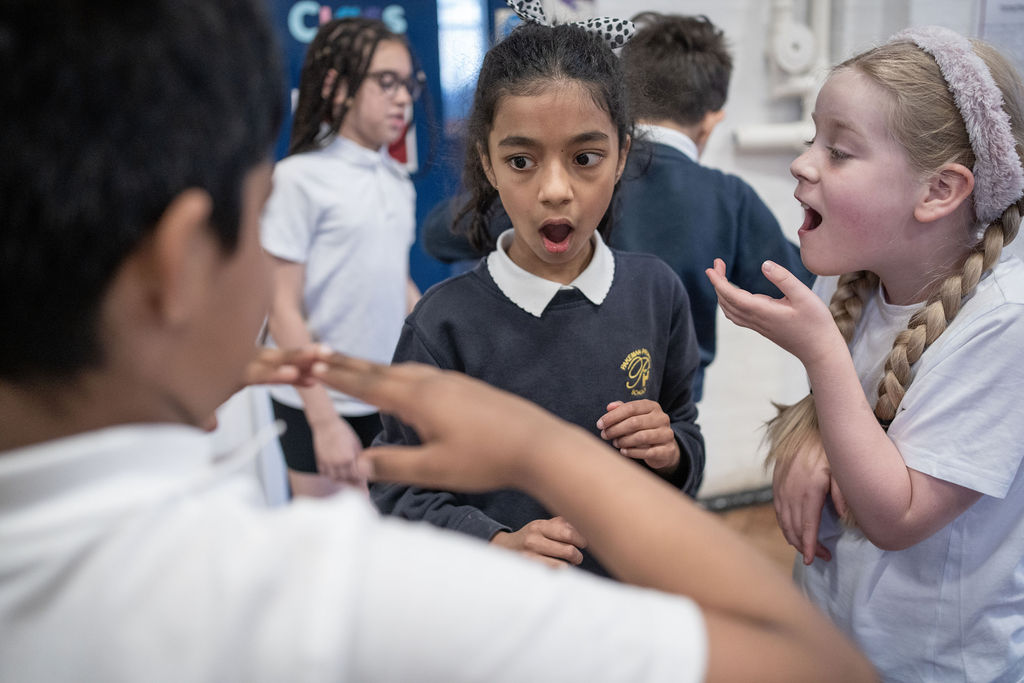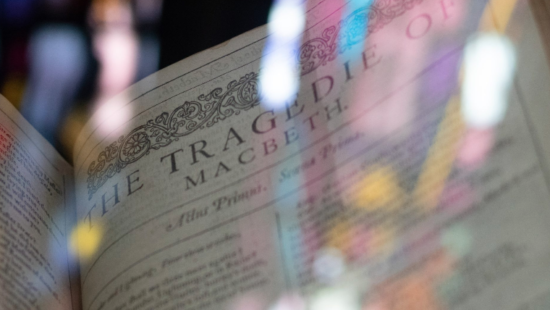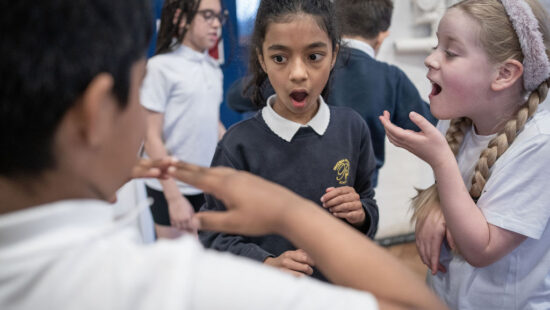Oracy in the classroom

Oracy in the classroom

What is oracy?
Oracy is the word on educators’ lips – pun intended. Throughout my weekly meetings with Headteachers and Senior Leadership Teams this academic year, a major theme has been the significant gap in speaking skills, particularly since the pandemic.
Research suggests that children from disadvantaged backgrounds have a significantly smaller vocabulary compared to their more advantaged peers. This vocabulary gap can hinder their ability to express themselves effectively and engage in meaningful dialogue. The pandemic has exacerbated these inequalities, with some children facing additional barriers to remote learning, limited access to technology, and home environments that were less conducive to spoken language development.
A growing movement is calling for oracy to be given equal status to literacy and numeracy, ensuring it is embedded across the curriculum rather than treated as an afterthought.
Oracy: a key area for Artis
Our partner schools tell us that their Artis programme is a vital intervention to support oracy, communication, and confidence, bridging the gap left by the pandemic. In our 2022/23 end-of-year report, 97% of schools said Artis had improved their children’s communication, confidence, teamwork, participation, and creative thinking.
“Artis is transformational in terms of language development, confidence building, emotional wellbeing support and development of curriculum understanding! Our children would not achieve as well as they do academically and creatively if they did not have Artis.”
Emma Bonnin, Head Teacher, Pakeman Primary, Islington
“Children’s enjoyment of being creative has increased and the impact on their speaking and listening has been very positive.”
Sara Pecheur, Head Teacher, Wheelers Lane Primary, Birmingham
“The development in oracy is remarkable”
Sandy McNicholl, Head Teacher, Amber Primary, Islington

The role of performing arts in developing oracy
Incorporating performing arts, particularly music and drama, into learning can be a powerful way to develop oracy skills. These creative disciplines provide a dynamic and engaging platform for children to refine their communication abilities in a supportive environment. Here’s how the performing arts can enhance oracy:
Expressing Yourself
Oracy is the ability to express thoughts and ideas clearly through spoken language. Just like reading and writing, it is a fundamental skill that supports both academic success and personal growth. Developing strong oracy skills helps children articulate their opinions, engage in discussions, and communicate effectively in all areas of life.
Building Confidence
Speaking and listening are key to developing self-assurance. Through activities like debates, presentations, and group discussions, children learn to voice their thoughts, overcome shyness, and build the confidence to express themselves in different settings. This self-belief is crucial for success in school, future careers, and everyday interactions.
Enhancing Attainment
Research shows that strong oracy skills improve academic performance across subjects like English, maths, and science. Engaging in meaningful dialogue enhances critical thinking, problem-solving, and comprehension skills. Prioritising oracy is particularly important for children from disadvantaged backgrounds, helping to close learning gaps and improve future opportunities.
Strengthening Social Interactions
Effective communication is essential for building relationships, teamwork, and collaboration. Oracy encourages active listening, empathy, and respectful dialogue, allowing children to connect with others, resolve conflicts, and participate fully in society. These social skills are key to personal and professional success.
By integrating performing arts into learning, children not only develop their oracy skills but also build essential life skills such as confidence, collaboration, and adaptability.
Oracy resources
To find out how you can apply this practically, you can download our recent Teaching Resource via the link here. Artis Mentor Stuart (Chime) offer exciting, creative ideas to encourage communication, expression, performance, and language through some oracy focused activities more suited to KS2.
Activities for oracy
Debate club
Give two teams or individuals a topic (e.g., “Should school uniforms be banned?”). Each side presents their argument and rebuts the other. This encourages critical thinking, persuasive speaking, and structured argumentation.
Storytelling relay
One player starts a story with a sentence, and each person adds to it in turn. This improves creativity, narrative skills, and active listening.
Just a minute
Players take turns speaking for one minute on a given topic without hesitation, repetition, or deviation. This helps develop confidence, fluency and quick thinking.
Word tennis
Players “serve” a word related to a chosen category (e.g., Animals → “Tiger”). The next player must respond quickly with another related word. If a player hesitates, repeats a word, or says something off-topic, they lose the round.
Hot seating
One person takes on the role of a character (fictional, historical, or real-life), and others ask them questions. The person must respond in character. This boosts improvisation, articulation, and confidence in public speaking.
About Artis
Artis Foundation offers primary schools a weekly programme that integrates performing arts into classroom learning, promoting oracy development in an engaging and inclusive way. Artis Specialists design bespoke sessions that incorporate music, drama, and movement into the curriculum, aligning with learning objectives while fostering communication skills. By employing creative techniques, Artis provision encourages children to explore their voices, develop their confidence, and build strong oracy skills to empower children from all backgrounds to become effective communicators for school and beyond.
Curious about the difference Artis could make at your school? Get in touch with us today!
[1] The Communication Trust, Save the Children
[2] Ofsted and Education Endowment Foundation

